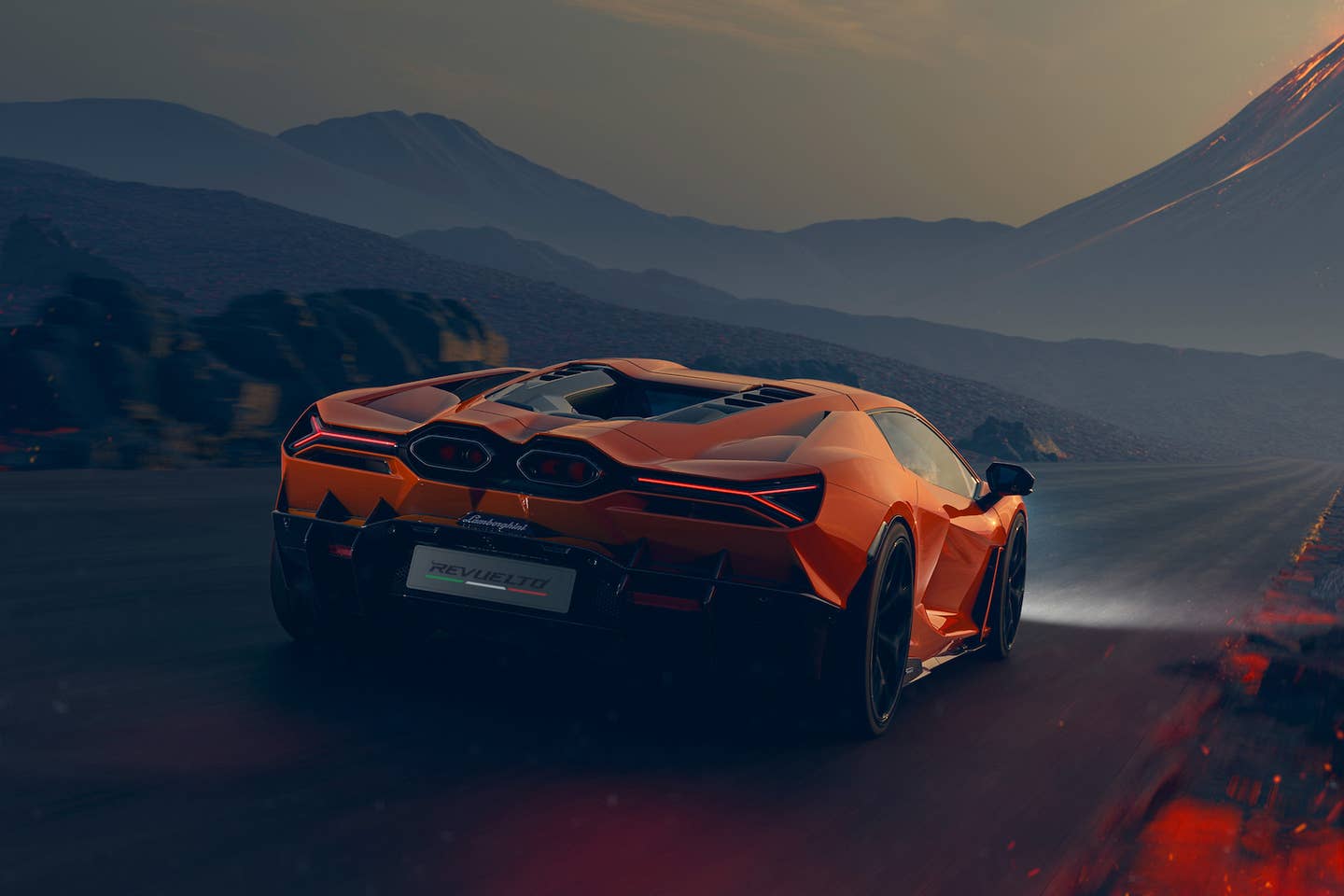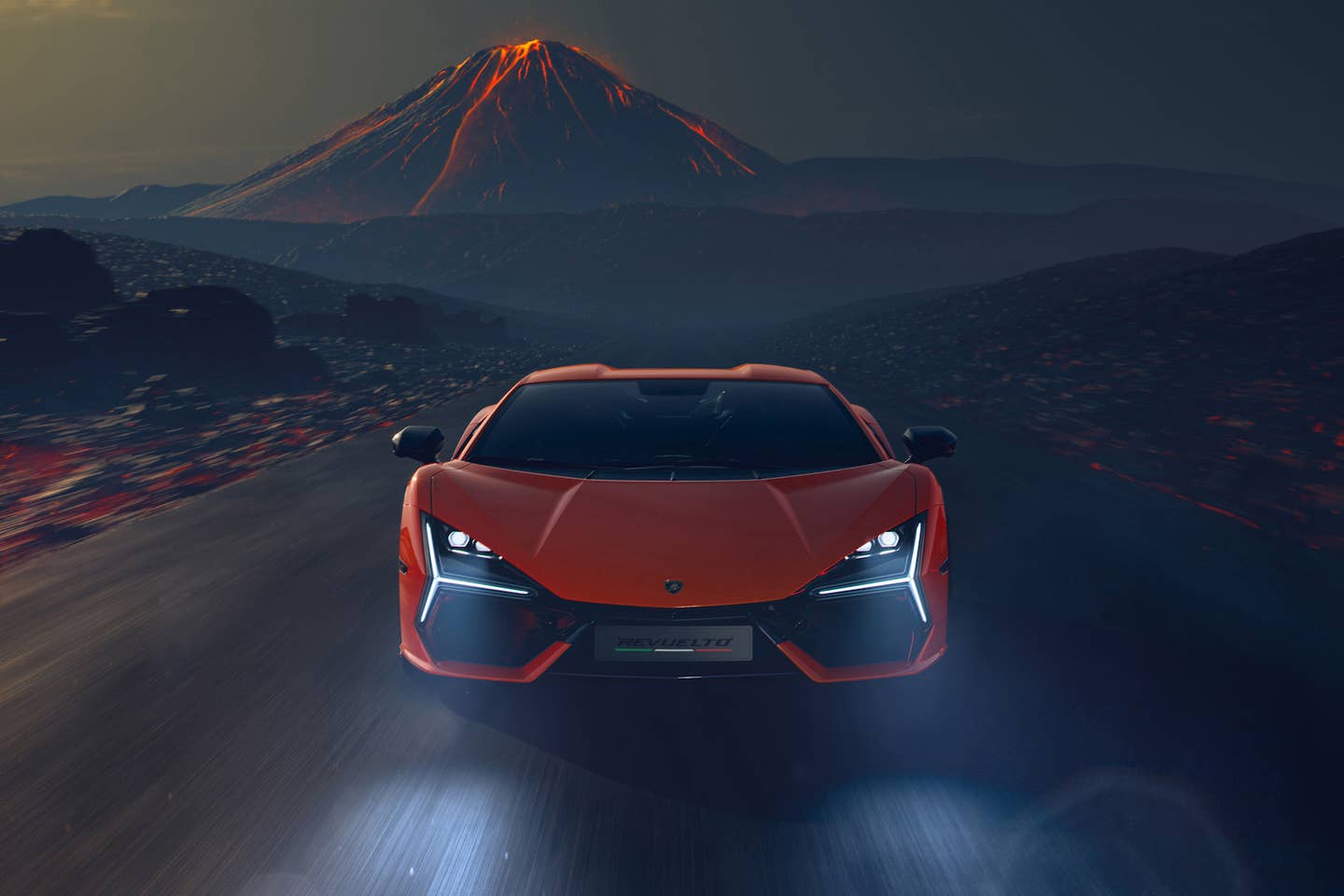In response to increasingly stringent emissions regulations, even luxury sports car makers are reducing the number of cylinders in their engines. While
McLaren has introduced the V6 hybrid Artura and
Ferrari launched the 296 GTB,
Lamborghini is taking
a different route. The company’s Chief Technical Officer Rouven Mohr confirmed that Lamborghini has no intention of developing a V6 engine, at least not in the foreseeable future.
Mohr explained to
Auto Motor und Sport that a V6 engine currently does not align with the brand’s identity. Lamborghini has consistently produced V12 models since its inception and has never mass-produced a vehicle with fewer than eight cylinders. Despite aiming to halve fleet emissions by 2025 through full hybridization, Mohr does not envision smaller internal
combustion engines being a part of this
strategy, as he believes they do not embody the essence of Lamborghini.
Lamborghini Revuelto, featuring a naturally aspirated V12 engine with plug-in hybrid support. Lamborghini
Mohr emphasized that Lamborghini represents more than just raw
performance metrics. For him, the brand must deliver unique driving dynamics, aesthetics, and acoustics, as well as possess an intangible quality that is quintessentially Lamborghini. Since a Lamborghini powered by a six-cylinder engine lacks historical precedence and with electrification addressing environmental concerns, Mohr foresees the interim use of hybrid V8s, V10s, and
V12s until the arrival of their first battery electric vehicles later in the decade.
This shift will lead to the introduction of a plug-in hybrid (PHEV) variant of the Urus and an upcoming successor to the Huracan around 2025, which will also feature a PHEV powertrain like the Revuelto and Urus. Mohr disclosed that this new Huracan iteration will incorporate an aluminum chassis developed internally with assistance from Audi, Lamborghini’s collaborator for the V10-powered R8 since the Gallardo era (it remains uncertain if this partnership will continue with the R8’s electric successor.)
Regarding the Urus model, Mohr confirmed the decision to opt for full electrification instead of downsizing to a V6 engine. Furthermore, a stand-alone electric vehicle will be added to the lineup, marking the introduction of a fourth model based on VW’s next-generation SSP platform. While the specific configuration remains undecided for the new EV, this move is expected to propel Lamborghini beyond the realm of low-volume production and surpass 10,000 annual sales figures, potentially prolonging the presence of Lamborghini V10s and V12s. Eventually, discussions about V6 engines may arise, but Lamborghini will address this prospect as needed.
If you have any tips or inquiries for the author, you can contact them at: james@thedrive.com


